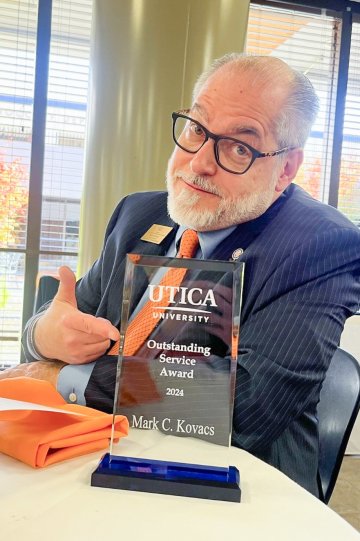
Mark Kovacs: The ‘Key’ To Success for Many at Utica
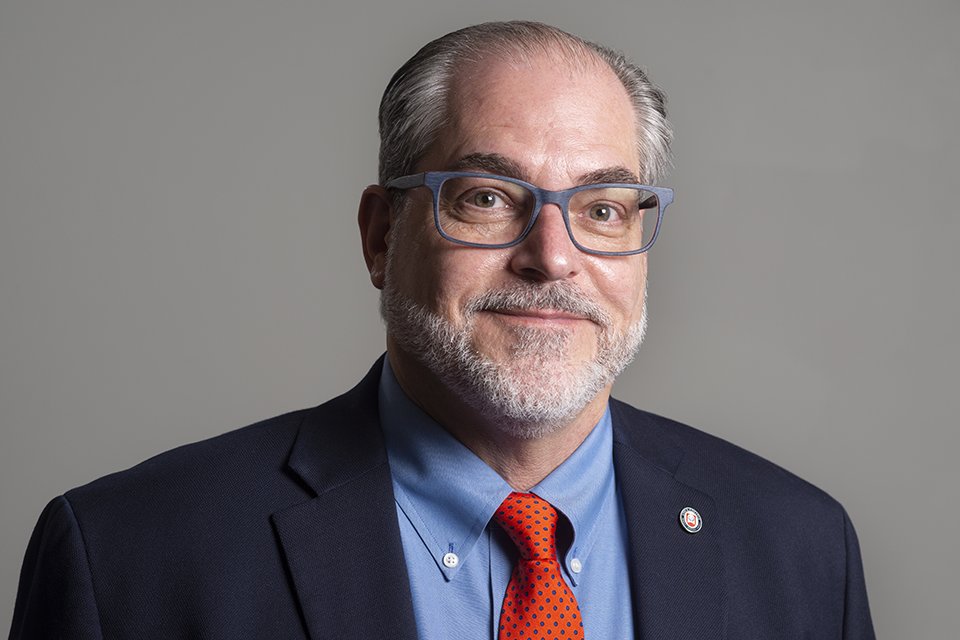
University Key Award Re-Named Kovacs Key Award to Honor 35-Year Career

You might be hard pressed to find someone who attended Utica University in the past 35 years who hadn’t, at some point, made the acquaintance of Mark Kovacs. Since 1989 he has been a staple of the institution in a variety of roles that range from but are in no way limited to Student Affairs, Residential Life, Alumni Relations, and Diversity, Equity, and Inclusion.
He was recognized in Fall 2024 for his selfless service and devotion to the institution when he received the Outstanding Service Award, but it was another award that brought together his impact on students and alumni across generations and made it a Homecoming celebration he won’t soon forget. It was then that it was announced the University Key Award was being given (posthumously to Professor Randall Huta ‘63) under its new name - The Kovacs Key Award. “That’s when I had tears in my eyes,” he says.
Utica Magazine chatted with Kovacs following the award in his honor to discuss his career, the university, and what it all means to him.
Utica Magazine: Where are you from originally and what brought you to Utica?
Mark Kovacs: I originally grew up in various towns/cities in New Hampshire, Massachusetts, North Carolina, and throughout Upstate New York. We moved about nine times by the time high school came around.
In July 1989, I was working in Student Affairs at Ohio University and they offered me a promotion. I completed my undergraduate and graduate degree there, I had been working in Student Affairs since I was a sophomore, and I just felt like it was time to do something different. I wanted a new experience. I wasn’t feeling like I had a lot of impact with the average student and I wanted to go to a place that was a little smaller, but diverse. I really wanted to work with a diverse student population, which I found here.
If there’s a common thread running through my different careers here at Utica, it’s trying to help everyone feel like they belong, whether you’re a student, faculty, or staff. Looking back on growing up, our family moved often. Sometimes I felt like I fit in and other times I felt excluded. So, helping others to feel like they belong became my mantra. If you can help others feel that way, you really feel like you can make a difference.
UM: What has it felt like to be involved in so many different aspects of the University?
MK: What an honor to have been in three different careers at one institution. And, those three different careers offered some “out of the box” opportunities.
For example, while in Residence Life I worked with President Hutton to build a couple of new residence halls. At one point the “clerk of the works” for Boehlert Hall simply walked away from the job and somehow, I ended up filling in by working with the architects, the construction company, our “project team” such as Todd Hutton, Bobbi Smorol, Don Harter, Rob Woods, among others including students. The new res hall was design-build, so we had to stay ahead of the project by ordering everything we needed while it was being constructed. We had students help choose the furniture, the color tiles, the countertops, the flooring, etc. It was exciting, but stressful because we had to make sure we got the certificate of occupancy in time for students to move in during August.
I moved over to Alumni and Parent Relations and President Hutton said "You know what you did in the residence halls, I'd like to see that same kind of community building efforts but with alumni and parents." So, several of us took what used to be called Autumn Festival and transformed it into our signature Homecoming Weekend – where alumni, families, and friends come together to celebrate the institution. Additionally, we also offered, yearly, 50 or more events for alumni and families all around the country.
From there I moved over to Diversity, Equity, Inclusion and Belonging. I was one of Dr. Baird’s first hires and I asked why he wanted me to be part of his new team. Dr. Baird said that I always tried to have others feel like they were included – that they belonged.
UM: What are some of the biggest ways you’ve seen the institution change throughout your decades here?
MK: The biggest change was growth. I saw the shift going from us being one of the 13 colleges of Syracuse to growing up to be our own independent entity. After independence, our online programs drastically changed the institution and along the way there was physical growth on campus with new buildings, from the dome to several new residence halls, to the Science Center.
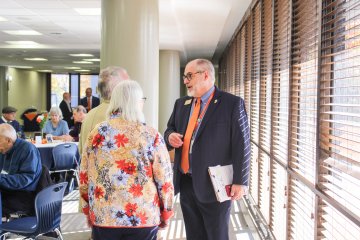
UM: Congratulations on your recent Outstanding Service Award. How did it feel when you learned the University Key Award is now being named the Kovacs Key Award?
MK: So [President of the Alumni Council] Dr. Elizabeth Bernabe ’92 was up there at the Alumni Awards Ceremony during Homecoming, giving the remarks, and all of a sudden I started questioning what they were talking about as they announced the award. Never did I dream about the honor of institutionalizing my name with an award for people’s service. It was very touching, very heartfelt, and poignant.
UM: What has been the most personally rewarding part of your career?
MK: I think a lot of the genuine connections I’ve been able to maintain. We currently have some students whose parents were our students, who met each other and lived in the residence halls when I was running the residential program. I find that awesome that they had such a good experience that their children now attend Utica. It sort of makes me feel like a grandparent. There’s been something truly special about maintaining those connections with students, alumni and with a number of faculty and staff over the years.
UM: If there was a legacy left behind by Mark Kovacs, what would you like it to be?
MK: That’s a difficult one. I hope I had a positive impact on their education. If there was any type of legacy, I hope that if people see my name pop up regarding a mailing or something, they hopefully have a fond memory of me helping in some way, some method, some manner to help them succeed here at Utica and in their careers.
More Stories
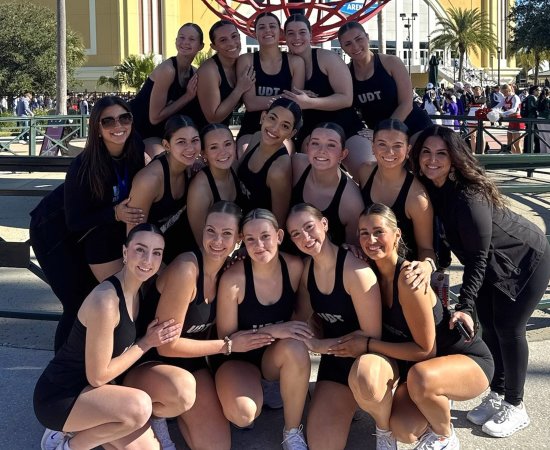
Utica University Dance Team competes in Nationals
The Utica University Dance Team competed at the Universal Dance Association (UDA) Collegiate National Dance Championships in Orlando, Florida this...
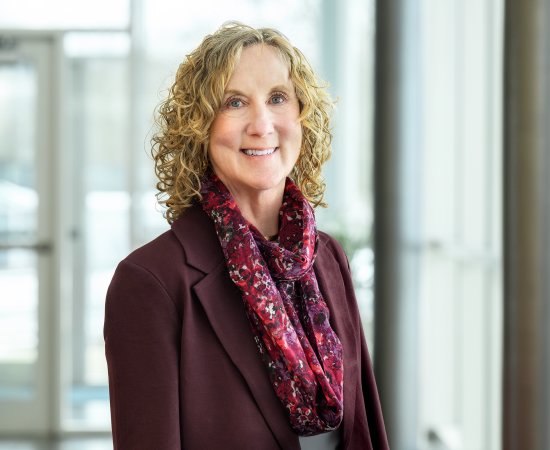
Meet the New Provost: Dr. Ann Damiano
As President Stephanie Nesbitt takes the helm of Utica University this year, the Office of Academic Affairs also welcomes Dr....
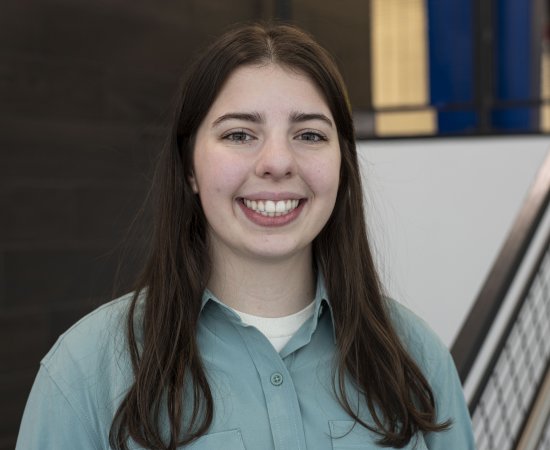
Keep Looking Up: Sydney Kinsella ’26
For centuries, human beings have looked to the stars in search of meaning. Sydney Kinsella ’26, along with her...
I would like to see logins and resources for:
For a general list of frequently used logins, you can also visit our logins page.
